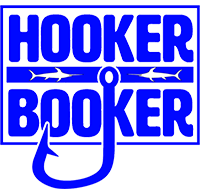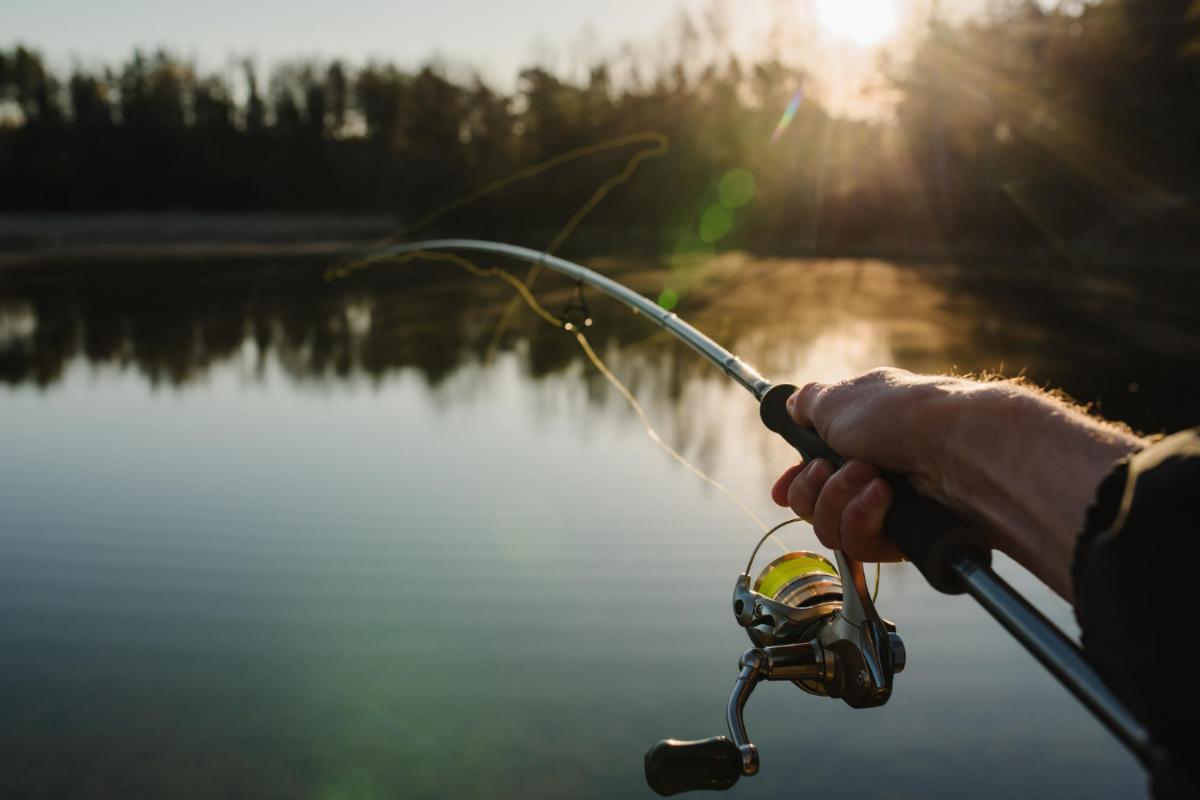When you return to the port at the end of a fishing charter, it’s time to take care of the fine fishing people who took great care of you. Tipping for a fishing charter assumes the same general practice as tipping a waitperson, with 10-20% as a standard practice. It’s a great idea to begin at 15% and move up or down, depending on how happy you were with your trip. Remember that guides spend hours prepping for an expedition. Despite their background, retaining the proper bait, and being in the most suitable locations, the fish sometimes don’t bite. You are paying for their time, exertion, and attention when tipping, not catching fish.
Full Fishing Charters
The vessel and crew will vary depending on the trip you take. A float trip with a single guide operates much differently than a sport fisher with a skipper and two deckhands. The upfront expense of a fishing trip pays for the craft, bait, equipment, and minimal base compensation. The base compensation is typically insufficient to pay the bills, so the attendants and crew rely heavily on tips.
Only a Captain
The captain is accountable for ensuring the vessel is consistently in working order when it’s not on open water. When a guide works independently, they cater to your needs while driving the boat during the expedition. They begin readying long before supervising the trip, where they need to be on alert and cater to their client’s demands baiting hooks, disentangling lines, handling fish, etc. Eventually, once back at the pier, the guide tends to your catch and sends you home while they remain to clean up. The procedure isn’t much different on a big vessel, except there are more things to do which is why they typically hire a deckhand or two.
Captain and Crew
Guides on smaller vessels may bring along an additional person to assist, but deckhands are more standard on large offshore vessels. Deckhands are essential for larger crafts because there is more to do, and these ships also carry more guests. Deckhands come to the dock long before the charter begins to check tackle, ready bait, and ensure all the rigging is prepared to go. When the lines are put out, the crew is accountable for addressing anything their clients require and preserving their safety while the captain maneuvers the vessel. When an angler has a fish hooked, the deckhand’s job is to help during the fight before handlining, gaffing, or tail-roping the fish to get it on board. Deckhands are crucial to the success of a fishing charter on large boats.
Tipping Your Guide
This is standard for most inland and inshore fishing charters where boats are little enough that a guide can manage everything on their own. With only one individual operating the craft, tipping is easy. A gratuity of 15% is typical, but 20% is always valued. Have cash ready to deliver to the guide once the fish are cleaned.
Consider this advice for tipping on fishing charters in Florida. Check out our homepage to learn more about how we can help you plan your trip!



Comment (0)